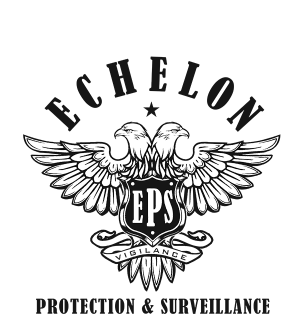 Antisemitism has seen a disturbing rise in recent years, particularly in the wake of international conflicts involving Israel. Jewish communities across the United States face increasing threats, making enhanced security measures more crucial than ever. This article examines the recent spike in antisemitic incidents and the urgent need for increased protection.
Antisemitism has seen a disturbing rise in recent years, particularly in the wake of international conflicts involving Israel. Jewish communities across the United States face increasing threats, making enhanced security measures more crucial than ever. This article examines the recent spike in antisemitic incidents and the urgent need for increased protection.
Alarming Statistics
The Anti-Defamation League’s (ADL) 2023 audit reveals a significant increase in antisemitic incidents. The report documented 8,873 incidents, marking a 140% rise from the previous year. This surge is the highest on record since the ADL began tracking such data in 1979. These incidents include harassment, vandalism, and assaults, with harassment cases alone increasing by 184%.
Impact of Global Events
International events, such as the Israel-Hamas conflict, often correlate with spikes in antisemitic activity. Since the October 7 attacks by Hamas, the ADL recorded 5,204 incidents, more than the total for the entire previous year. This period saw a significant rise in anti-Zionist and explicitly antisemitic rhetoric at protests and rallies across the United States.
Local Incidents and Responses
Communities have witnessed various forms of antisemitic behavior. Synagogues, Jewish schools, and other institutions have been targets of threats and vandalism. For instance, the Jewish Telegraphic Agency reported a 21% increase in antisemitic activities following the October 7 attacks. Incidents range from graffiti and vandalism to physical assaults and bomb threats.
Role of Security Guards
In this climate of fear and uncertainty, the presence of security guards is essential. These professionals serve as the first line of defense, deterring potential attackers and ensuring immediate response in case of an incident. Their role is critical in safeguarding synagogues, schools, and community centers.
Training and Preparedness
Effective security measures require more than just the presence of guards. Regular training and preparedness drills are vital. Security personnel should undergo specialized training to handle antisemitic threats and violence. Additionally, institutions should conduct regular security audits and drills to ensure readiness.
Community Involvement
Community engagement is crucial for enhancing security. Jewish institutions should work closely with local security firms to develop comprehensive safety plans. Community members should also be educated on recognizing and reporting suspicious activities. A collaborative approach can significantly bolster the overall security posture.
Government and Organizational Support
Securing funding and support from federal and state governments is vital. The ADL’s call for the passage of the Countering Antisemitism Act highlights the need for legislative action. Additionally, organizations like Hillel International and the Secure Community Network are providing resources and funding to enhance security measures at Jewish institutions.
Conclusion
The rise in antisemitic incidents underscores the urgent need for increased protection of Jewish communities. Security guards play a pivotal role in safeguarding these communities, but their effectiveness depends on comprehensive training and community involvement. By working together, Jewish institutions, security professionals, and government bodies can create a safer environment for all. Enhanced security measures are not just a precaution but a necessity in today’s climate of rising antisemitism.


